Find Help
More Items From Ergsy search
-
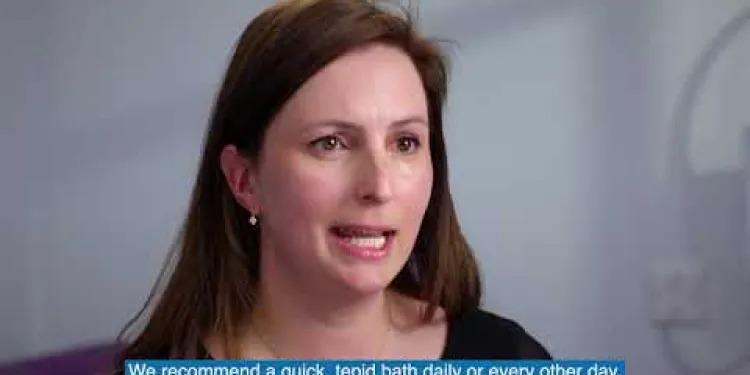
Managing and treating your child's eczema
Relevance: 100%
-
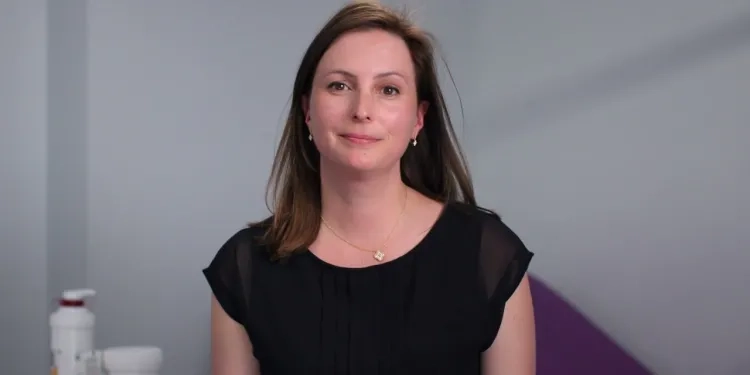
Factors that trigger eczema in your child
Relevance: 98%
-

Eczema - Your child's appointment | Dermatology | Paediatrics
Relevance: 98%
-
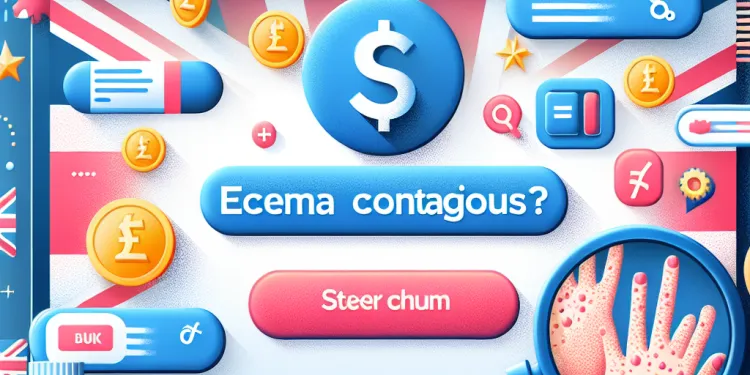
Is eczema contagious?
Relevance: 71%
-
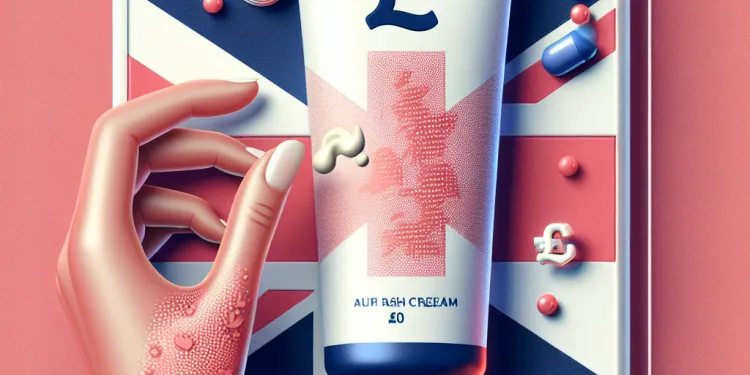
Is there a cure for eczema?
Relevance: 70%
-
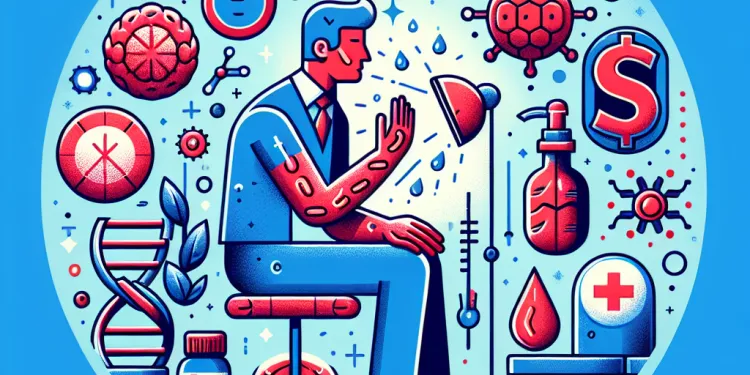
What causes eczema?
Relevance: 68%
-

What is eczema? General Information
Relevance: 65%
-

Who is at risk of developing eczema?
Relevance: 65%
-
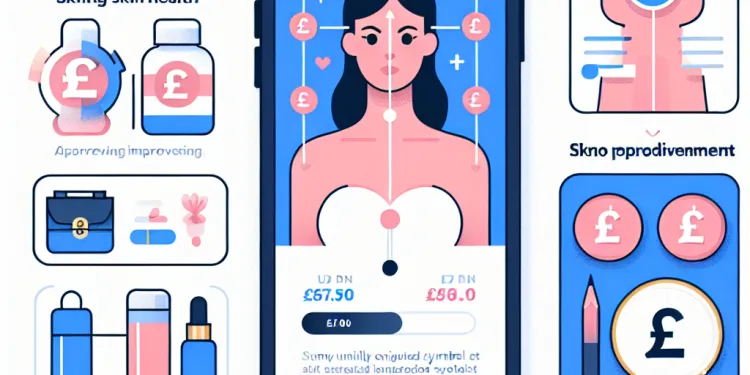
Can eczema improve with age?
Relevance: 65%
-

Can diet affect eczema?
Relevance: 65%
-

What are the main types of eczema?
Relevance: 65%
-
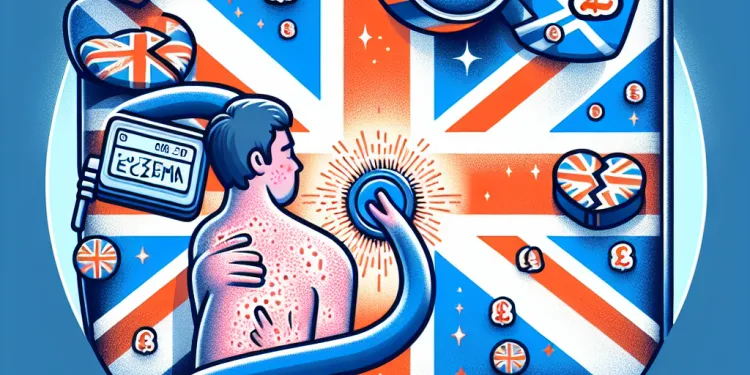
How can eczema be diagnosed?
Relevance: 65%
-

What treatments are available for eczema?
Relevance: 64%
-

Are there any home remedies for eczema?
Relevance: 64%
-

How can I prevent eczema flare-ups?
Relevance: 61%
-
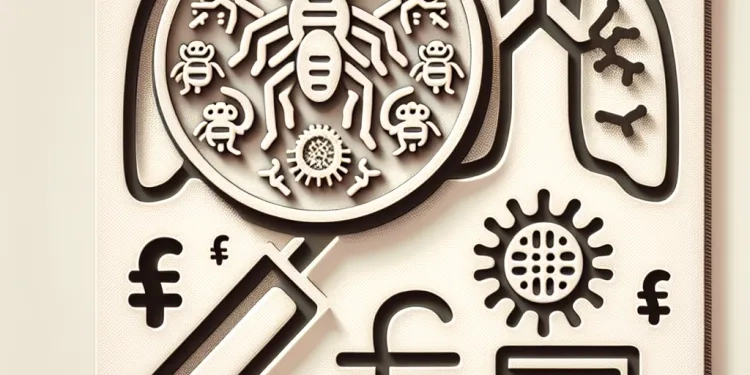
Can dust mites cause asthma and eczema?
Relevance: 56%
-
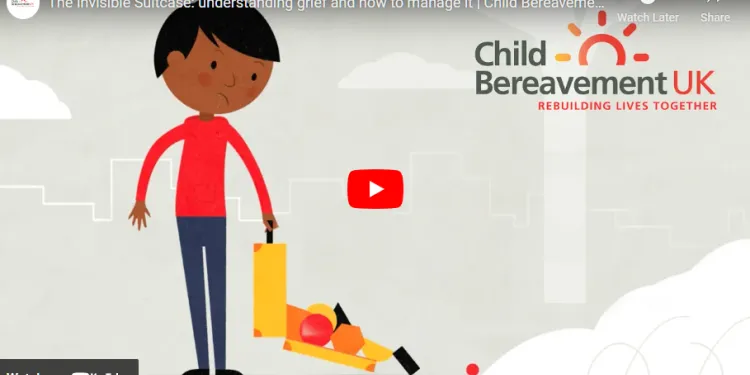
Child Bereavement
Relevance: 47%
-
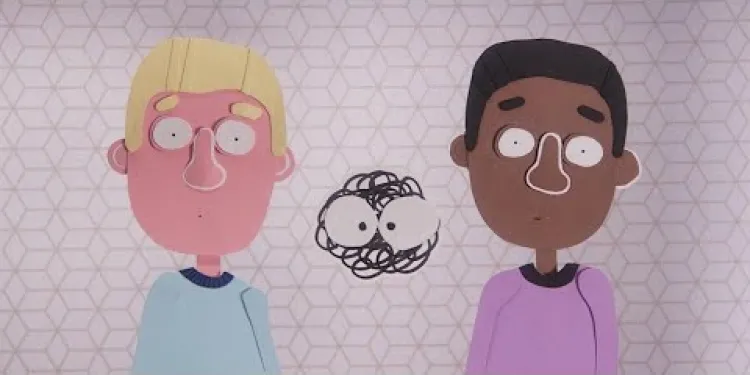
My Stammering Child
Relevance: 47%
-
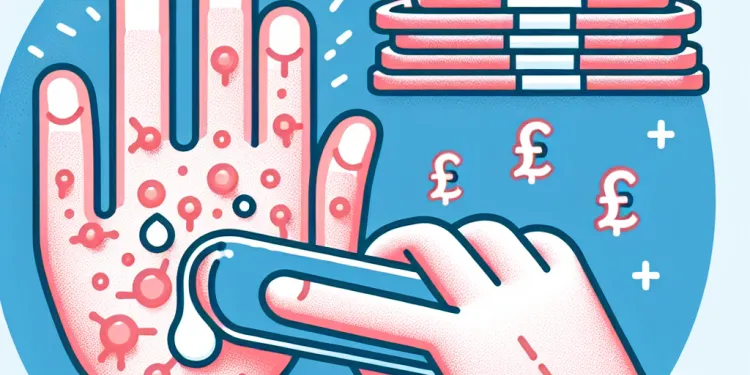
What are common symptoms of eczema?
Relevance: 47%
-

How does weather affect eczema?
Relevance: 45%
-

Navigating Child Custody Laws in the UK
Relevance: 43%
-

Is screening painful or risky for my child?
Relevance: 43%
-
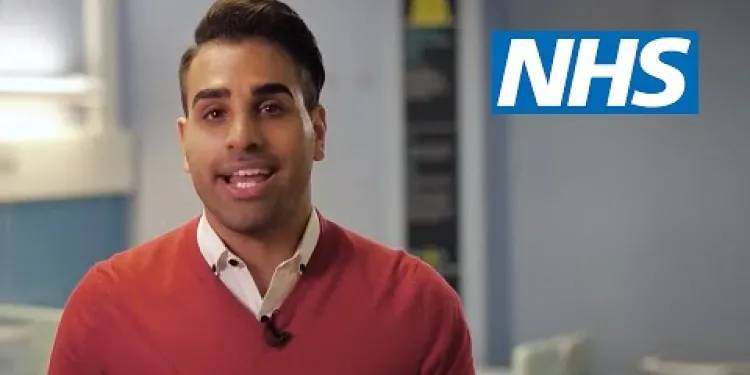
Caring for a child with fever | NHS
Relevance: 43%
-

Child Care Proceedings | Family Law
Relevance: 42%
-
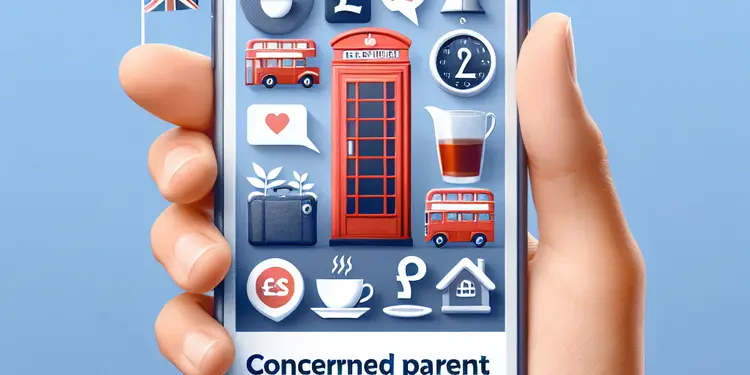
What should I do if I suspect my child is being groomed?
Relevance: 41%
-
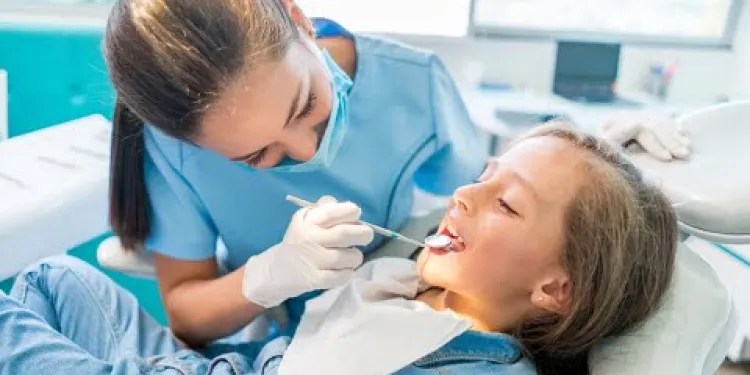
Can my child get braces on the NHS?
Relevance: 41%
-
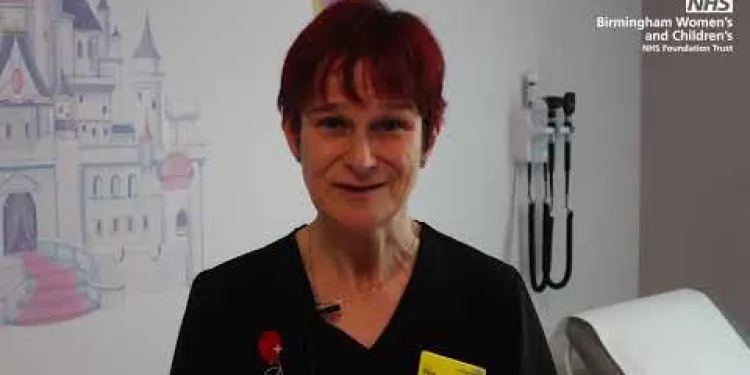
My child has vomiting and diarrhoea - what do I do?
Relevance: 41%
-

How can I tell if my child is being groomed?
Relevance: 40%
-
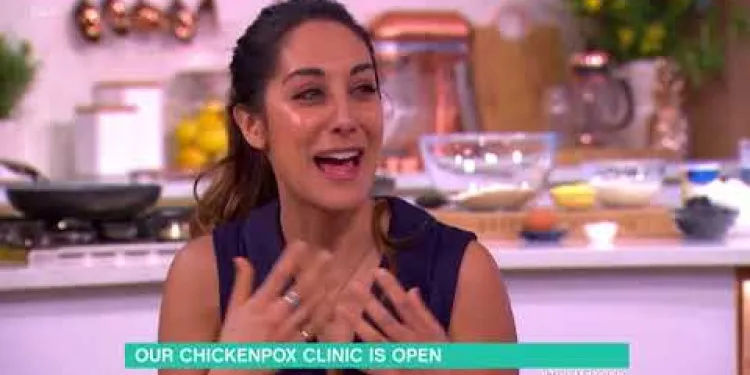
How to Keep a Child With Chickenpox Comfortable
Relevance: 40%
-
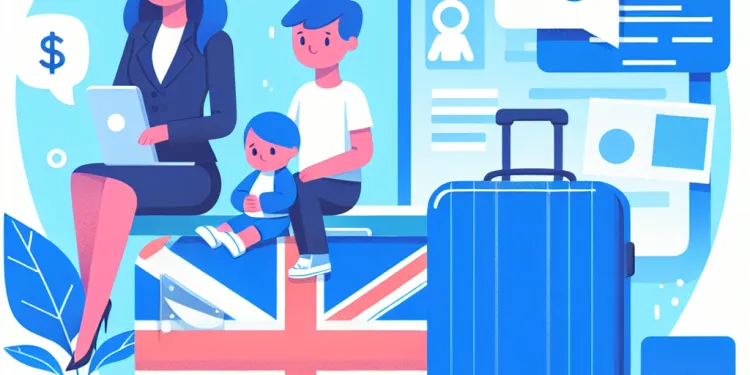
Navigating Child Custody and Visitation Rights in Modern UK
Relevance: 40%
-
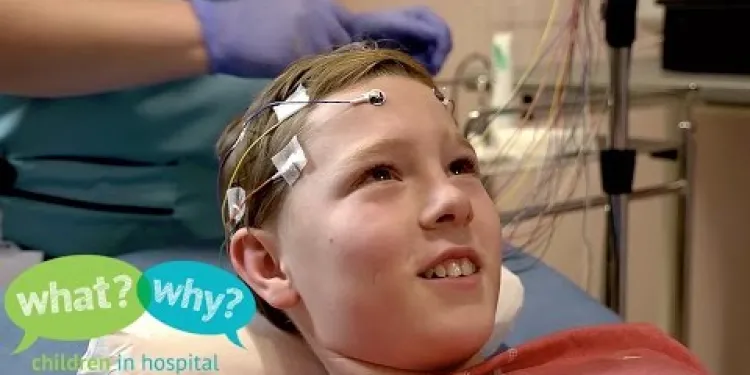
What happens when my child has an EEG?
Relevance: 39%
-
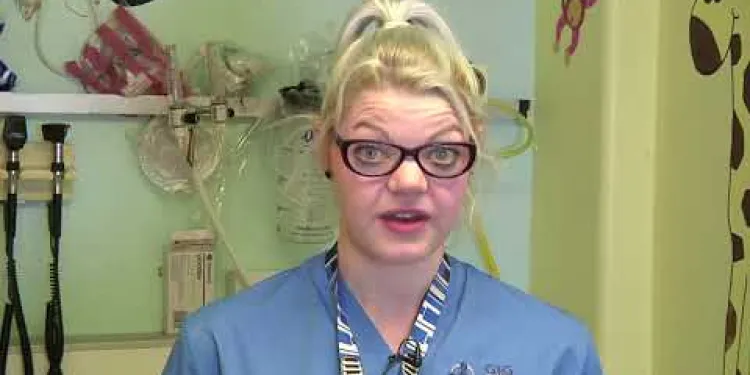
Advice if your child has... A High temperature
Relevance: 39%
-

What happens if my child's screening results are positive?
Relevance: 39%
-
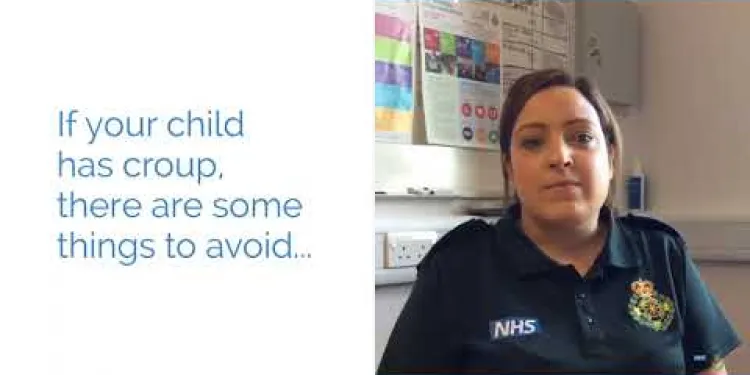
What to do when your child has... croup
Relevance: 38%
-
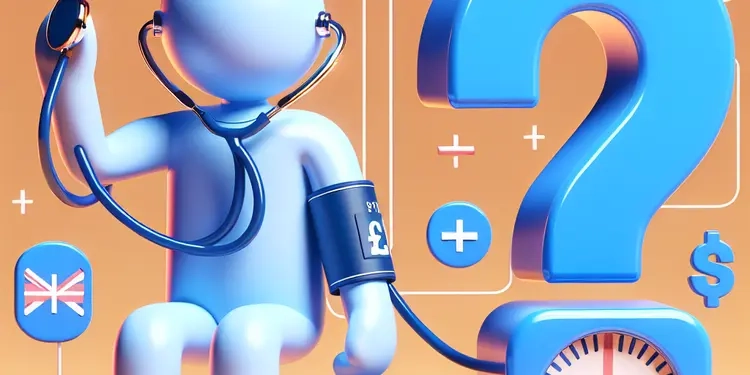
Should I test my child for high blood pressure?
Relevance: 38%
-
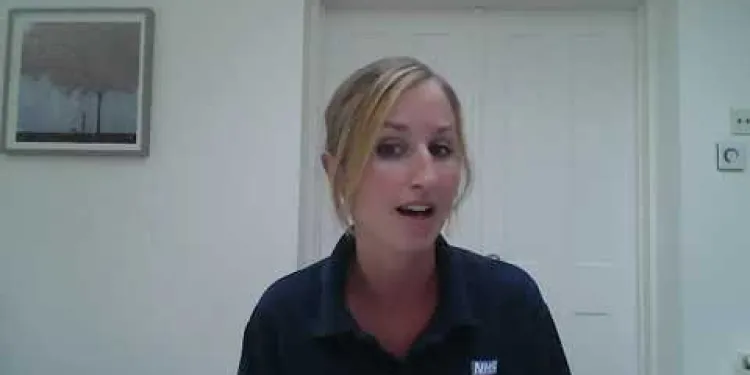
Stammering myth 4: You should ignore a child's stammer
Relevance: 38%
-
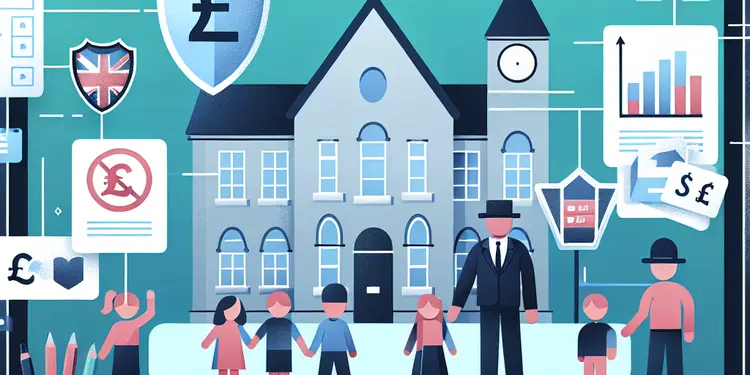
How can I educate my child to recognize grooming behaviors?
Relevance: 38%
-

Should I limit my child's internet usage to prevent grooming?
Relevance: 38%
-
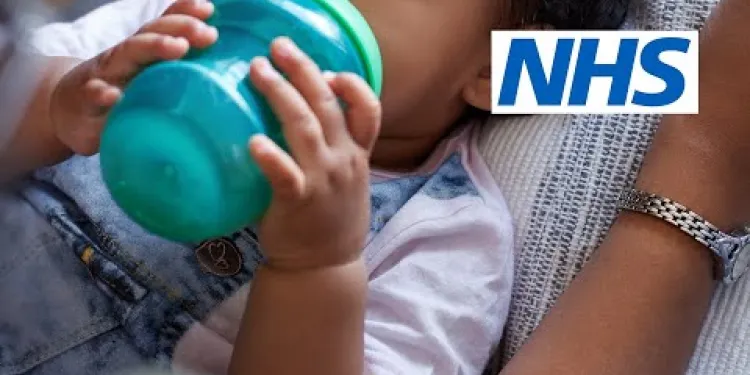
How do I treat my child's cold? (9 - 30 months) | NHS
Relevance: 37%
-

What are the common signs that a child might be a victim of grooming?
Relevance: 37%
Managing and Treating Your Child's Eczema
Understanding Eczema
Eczema, also known as atopic dermatitis, is a chronic skin condition that affects many children in the United Kingdom. It causes the skin to become itchy, red, and inflamed. Understanding eczema's triggers and symptoms can help parents manage and treat the condition effectively. Common triggers include allergens like pollen, pet dander, and certain foods, as well as irritants such as soaps, detergents, and stress.Identifying Symptoms
The symptoms of eczema can vary from child to child, but common signs include dry, sensitive skin, intense itching, red and inflamed areas, and occasional oozing or crusting. In infants, eczema often appears on the cheeks and scalp, while older children may develop rashes in the creases of the elbows, knees, and other joints.Consulting Healthcare Professionals
It is crucial to consult with healthcare professionals, such as GPs or dermatologists, for accurate diagnosis and treatment plans. They can provide tailored advice and, if necessary, prescribe topical corticosteroids or other medications to reduce inflammation and itching.Daily Skincare Routine
Maintaining a consistent skincare routine is essential in managing eczema. Use gentle, fragrance-free cleansers and moisturizers designed for sensitive skin. After bathing, pat the skin dry and apply moisturizer while the skin is still damp to lock in moisture. Regular moisturizing helps prevent flare-ups by keeping the skin hydrated.Avoiding Triggers
Identifying and avoiding triggers can significantly reduce eczema flare-ups. Keep a diary to track potential triggers and patterns. For example, if your child's eczema worsens after exposure to certain foods or environments, try to limit these triggers. Dress your child in soft, breathable fabrics like cotton to minimize irritation.Diet and Nutrition
In some cases, specific foods can aggravate eczema. Although every child is different, common culprits include cow's milk, eggs, nuts, and soy. Consult your healthcare professional before making any significant dietary changes. Introducing a balanced diet with plenty of fruits, vegetables, and omega-3 fatty acids can promote overall skin health.Conclusion
Managing and treating your child's eczema requires a multi-faceted approach. Understanding the condition, maintaining a consistent skincare routine, avoiding potential triggers, and consulting healthcare professionals are essential steps. With proper care and attention, you can help your child manage eczema effectively and improve their quality of life.Managing and Treating Your Child's Eczema
What is Eczema?
Eczema is a skin problem. It makes your child's skin red and very itchy. Eczema is common in children in the UK. Things like pollen, pet hair, certain foods, soaps, and stress can make it worse.What Does Eczema Look Like?
Eczema can look different on different children. Look for dry skin, red patches, and areas that itch a lot. Sometimes, the skin can get crusty or leak fluid. On babies, eczema might appear on the cheeks and head. In older children, it can show up in the bends of the elbows and knees.Seeing a Doctor
It's important to see a doctor to check if your child has eczema. Doctors, like GPs or skin specialists, can tell you what to do. They might give you creams to help make the skin less red and itchy.Skincare Every Day
Taking care of the skin every day can help. Use gentle soaps and creams without strong smells. After a bath, gently pat the skin dry. Put cream on while the skin is still a bit wet. This helps keep the skin soft and less itchy.Staying Away from Triggers
Try to find what makes your child's eczema worse. Keep a diary to help remember. If some foods or things make the eczema worse, try to stay away from them. Dress your child in soft clothes, like cotton, so the skin doesn't get irritated.Food and Diet
Some foods might make eczema worse, like milk, eggs, nuts, and soy. Always talk to your doctor before changing your child's food. Eating lots of fruits and vegetables and foods with omega-3, like some fish, can help skin stay healthy.Final Thoughts
Helping your child's eczema needs different steps. Learn about the condition, keep skincare regular, avoid triggers, and talk to doctors. With good care, you can help your child feel better and enjoy life more. **Helpful Tools:** - Use colorful pictures for understanding. - Try using a visual timetable for routines. - Reading with your child can help make it fun.Frequently Asked Questions
What is eczema?
Eczema is a chronic skin condition that causes inflamed, itchy, red, and cracked skin. It is also known as atopic dermatitis.
What are the common symptoms of eczema in children?
Common symptoms include dry skin, itching, red to brownish-grey patches, small bumps, crusty skin, and thickened skin. Severity can vary from mild to severe.
How is eczema diagnosed?
Eczema is usually diagnosed by a GP based on the appearance of the skin and the patient's medical history. Sometimes, patch testing or blood tests may be recommended.
What triggers eczema flare-ups?
Common triggers include allergens (e.g., pollen, dust mites), irritants (e.g., soaps, detergents), stress, dry skin, climate changes, and certain foods.
How can I manage my child's eczema at home?
Management includes regular moisturizing, avoiding triggers, using prescribed medications, wearing soft, breathable fabrics, and keeping nails short to prevent scratching.
What moisturisers are suitable for a child with eczema?
Choose fragrance-free and hypoallergenic moisturisers. Emollients like creams, ointments, and lotions are recommended. Consult your GP for specific product recommendations.
Are there any alternative treatments for eczema?
Some parents find relief using natural remedies like oatmeal baths, coconut oil, and herbal treatments. Always consult a GP before trying alternative treatments.
Can diet affect my child's eczema?
Certain foods may trigger eczema flare-ups in some children. Common culprits include dairy, eggs, nuts, and wheat. Keeping a food diary may help identify triggers.
Is eczema contagious?
No, eczema is not contagious. It is a genetic condition that can be influenced by environmental factors but cannot be spread from one person to another.
When should I see a doctor about my child's eczema?
See a GP if the eczema is severe, not improving with over-the-counter treatments, causing sleep disturbances, or showing signs of infection like pus or redness.
What are the possible complications of eczema?
Complications can include skin infections due to scratching, thickened skin, and scars. Severe eczema can impact a child's quality of life, including sleep and self-esteem.
Can my child outgrow eczema?
Many children outgrow eczema or experience significant improvement by their teenage years. However, some may continue to have symptoms into adulthood.
What role do topical steroids play in treating eczema?
Topical steroids help reduce inflammation and itching. They are prescribed by a GP for short-term use during flare-ups. Overuse can lead to side effects.
How important is wet wrapping in treating eczema?
Wet wrapping is a technique where damp bandages are applied over moisturiser and/or steroid cream. It can help keep the skin hydrated and reduce itching during severe flare-ups.
What support is available for families dealing with eczema?
Support includes GP consultations, dermatology referrals, community health services, and organizations like the National Eczema Society, which provides resources and support groups.
What is eczema?
Eczema is a skin problem. It makes your skin red, itchy, and dry.
If you have eczema, you should see a doctor. They can help you feel better.
To help manage eczema, you can use special creams and avoid things that make it worse. Ask a grown-up to help you find these creams.
Eczema is a skin problem. It makes your skin red, itchy, and cracked. Eczema is also called atopic dermatitis.
What signs show if a child has eczema?
Common symptoms of this problem are:
- Dry skin
- Itchy feeling
- Red or brown-grey spots
- Tiny bumps
- Crusty skin
- Thick skin
These symptoms can be mild or very bad.
If you find reading difficult, try using text-to-speech tools, which can read the text out loud to you. You can also ask someone you trust to help you understand it better.
How do doctors know if someone has eczema?
Doctors can tell if you have eczema by looking at your skin. They ask questions about your health and your family’s health. Sometimes, they might do a small test called a "patch test" to check your skin.
If you have itchy, red, or dry skin, it’s good to see a doctor. They will help you and give you advice.
Tools that can help:
- Ask a family member to go with you to the doctor to take notes.
- Bring pictures of your skin when it's itchy or red.
- Write down any new soap, lotion, or food you used that makes your skin feel bad.
Eczema is a skin problem that a doctor can find by looking at the skin and asking about other health problems. Sometimes, the doctor might do special skin tests or a blood test.
What makes eczema worse?
Eczema can get worse because of different things. Here are some:
- Skin getting too dry.
- Being around things that make you itch, like soap or wool.
- Getting too hot or sweaty.
- Stress or feeling worried.
- Some foods might also make it worse.
If someone has eczema, they can do a few things to help:
- Use a smooth cream to keep the skin wet.
- Wear soft clothes like cotton.
- Take cool showers.
- Talk to a grown-up if they feel sad or stressed.
- Ask a doctor about safe foods to eat.
Things that can make skin problems worse are:
- Things like pollen and dust that make you sneeze.
- Strong soaps and washing powders.
- Feeling worried or stressed.
- Having very dry skin.
- Changes in the weather.
- Certain foods.
It can help to use a gentle soap and a soft skin cream. Drinking water can also help your skin.
How can I help my child with eczema at home?
Eczema is a skin problem. It makes the skin red, dry, and itchy.
Here are some simple ways to help your child:
- Give them warm baths, not hot. Hot water can make the skin worse.
- Use a gentle soap when they wash.
- Put on lots of lotion to keep their skin soft.
- Dress them in soft clothes, like cotton, so their skin doesn't get itchy.
- Keep their nails short, so they don’t scratch.
- If your child is very itchy, talk to a doctor. They might give you special medicine.
Using these steps can help your child feel better.
To help manage this, you can:
- Put cream or lotion on your skin often to keep it soft.
- Stay away from things that make it worse.
- Use the medicine the doctor gives you.
- Wear clothes that are soft and let your skin breathe.
- Keep your nails short so you don't scratch.
Which creams are good for a child with eczema?
Pick moisturizers that have no smell and are gentle on the skin. Creams, ointments, and lotions are good choices. Ask your doctor for advice on which ones to use.
Are there other ways to help with eczema?
Some parents feel better using natural things like oatmeal baths, coconut oil, and plant-based treatments. Always talk to a doctor before trying new treatments.
Can food change my child's eczema?
Does what your child eats make their eczema better or worse?
It's important to know if food makes a difference.
Here are some ideas:
- Keep a food diary: Write down what your child eats and if their eczema changes.
- Talk to a doctor or a nurse: They can give advice on food and eczema.
- Try new foods slowly: Introduce one new food at a time to see how it affects the skin.
If you are worried, always ask a healthcare professional for help.
Some foods might make eczema worse in some children. These foods can be things like milk, eggs, nuts, and wheat. Writing down what your child eats in a food diary can help find out which foods might be the problem.
Can you catch eczema from someone else?
No, you cannot catch eczema from another person. Eczema is not like a cold or the flu. It is a skin condition that some people have. It does not spread from one person to another.
If you want to know more about eczema, here is something you can do:
- Talk to a doctor. They can answer your questions.
- Look at pictures or watch videos made for kids. They can help you understand better.
No, you cannot catch eczema from someone else. It is something people are born with, and things around them can make it worse. But you cannot give it to someone or get it from someone.
You can use special soaps and creams to help make eczema better. It is good to talk to a doctor about ways to help.
When should I see a doctor about my child's eczema?
If your child has itchy and red skin, it might be eczema.
Here are some times you should take your child to the doctor:
- If the skin gets worse or does not get better.
- If the itching makes your child very uncomfortable.
- If there are signs of infection, like yellow crusts or red, warm skin.
You can also use soothing creams or medicines from the doctor. Ask the doctor what is best for your child.
See a doctor if the eczema is very bad, not getting better with creams from the shop, keeping you awake at night, or if the skin looks like it might be infected with pus or red areas.
What problems can eczema cause?
Sometimes, eczema can cause other problems. Scratching can lead to skin infections. It can also make the skin thick and cause scars. Bad eczema can make a child's life harder. It can affect their sleep and how they feel about themselves.
Will my child stop having eczema as they grow up?
Lots of kids get better from eczema when they get older. Some might still have a little bit of eczema when they are teenagers. But a few people might still have eczema when they are grown up.
To help with reading, use a finger or a ruler to follow the words. Also, take breaks when needed and ask an adult if you have questions.
How do creams with steroids help with eczema?
Topical steroids are special creams that make the skin feel better. They are used to stop redness and itching. The doctor gives you these creams to use for a little while when your skin is bad. But you shouldn't use them too much because they can cause problems.
How important is wet wrapping for helping eczema?
Wet wrapping is a way to help when your skin is itchy and red from eczema. It can make your skin feel better.
Wet wrapping means putting on a wet cloth or bandage over your cream and then covering it with a dry cloth. This keeps your skin cool and stops scratching.
Here’s how you can use wet wrapping:
- Rub cream on your itchy spots.
- Put a damp cloth or bandage on top.
- Put a dry cloth on top of the wet cloth.
- Keep it on for some time, like overnight or a few hours.
If you need help, ask an adult, like a parent or a nurse.
Wet wrapping can help your skin heal. Talk to a doctor or a nurse for more tips!
Wet wrapping is a way to help your skin. You put wet bandages over lotion or a special cream from the doctor. This can keep your skin from getting dry and help stop itching when it gets really bad.
How can families get help for eczema?
If someone in your family has eczema, there are ways to get help. Eczema can make your skin red, itchy, and sore.
Here are some ways to get help:
- Visit the doctor: They can give you medicine to stop the itching.
- Use creams and lotions: These make your skin feel better.
- Talk to a nurse or healthcare worker: They can teach you how to care for your skin.
- Join a support group: You can talk to other families who understand.
You can also find more information online with a grown-up’s help. They can help you look for trusted websites.
You can get help from your family doctor. They can send you to see a skin doctor if needed.
There are places in your community that can help with health problems.
Groups like the National Eczema Society have lots of helpful information and support groups for people who need it.
Useful Links
This website offers general information and is not a substitute for professional advice.
Always seek guidance from qualified professionals.
If you have any medical concerns or need urgent help, contact a healthcare professional or emergency services immediately.
Some of this content was generated with AI assistance. We’ve done our best to keep it accurate, helpful, and human-friendly.
- Ergsy carfully checks the information in the videos we provide here.
- Videos shown by Youtube after a video has completed, have NOT been reviewed by ERGSY.
- To view, click the arrow in centre of video.
- Most of the videos you find here will have subtitles and/or closed captions available.
- You may need to turn these on, and choose your preferred language.
- Go to the video you'd like to watch.
- If closed captions (CC) are available, settings will be visible on the bottom right of the video player.
- To turn on Captions, click settings .
- To turn off Captions, click settings again.
More Items From Ergsy search
-

Managing and treating your child's eczema
Relevance: 100%
-

Factors that trigger eczema in your child
Relevance: 98%
-

Eczema - Your child's appointment | Dermatology | Paediatrics
Relevance: 98%
-

Is eczema contagious?
Relevance: 71%
-

Is there a cure for eczema?
Relevance: 70%
-

What causes eczema?
Relevance: 68%
-

What is eczema? General Information
Relevance: 65%
-

Who is at risk of developing eczema?
Relevance: 65%
-

Can eczema improve with age?
Relevance: 65%
-

Can diet affect eczema?
Relevance: 65%
-

What are the main types of eczema?
Relevance: 65%
-

How can eczema be diagnosed?
Relevance: 65%
-

What treatments are available for eczema?
Relevance: 64%
-

Are there any home remedies for eczema?
Relevance: 64%
-

How can I prevent eczema flare-ups?
Relevance: 61%
-

Can dust mites cause asthma and eczema?
Relevance: 56%
-

Child Bereavement
Relevance: 47%
-

My Stammering Child
Relevance: 47%
-

What are common symptoms of eczema?
Relevance: 47%
-

How does weather affect eczema?
Relevance: 45%
-

Navigating Child Custody Laws in the UK
Relevance: 43%
-

Is screening painful or risky for my child?
Relevance: 43%
-

Caring for a child with fever | NHS
Relevance: 43%
-

Child Care Proceedings | Family Law
Relevance: 42%
-

What should I do if I suspect my child is being groomed?
Relevance: 41%
-

Can my child get braces on the NHS?
Relevance: 41%
-

My child has vomiting and diarrhoea - what do I do?
Relevance: 41%
-

How can I tell if my child is being groomed?
Relevance: 40%
-

How to Keep a Child With Chickenpox Comfortable
Relevance: 40%
-

Navigating Child Custody and Visitation Rights in Modern UK
Relevance: 40%
-

What happens when my child has an EEG?
Relevance: 39%
-

Advice if your child has... A High temperature
Relevance: 39%
-

What happens if my child's screening results are positive?
Relevance: 39%
-

What to do when your child has... croup
Relevance: 38%
-

Should I test my child for high blood pressure?
Relevance: 38%
-

Stammering myth 4: You should ignore a child's stammer
Relevance: 38%
-

How can I educate my child to recognize grooming behaviors?
Relevance: 38%
-

Should I limit my child's internet usage to prevent grooming?
Relevance: 38%
-

How do I treat my child's cold? (9 - 30 months) | NHS
Relevance: 37%
-

What are the common signs that a child might be a victim of grooming?
Relevance: 37%


